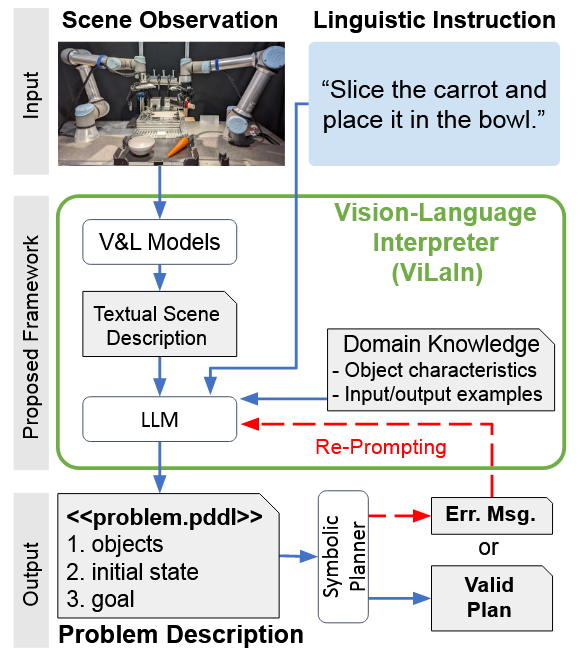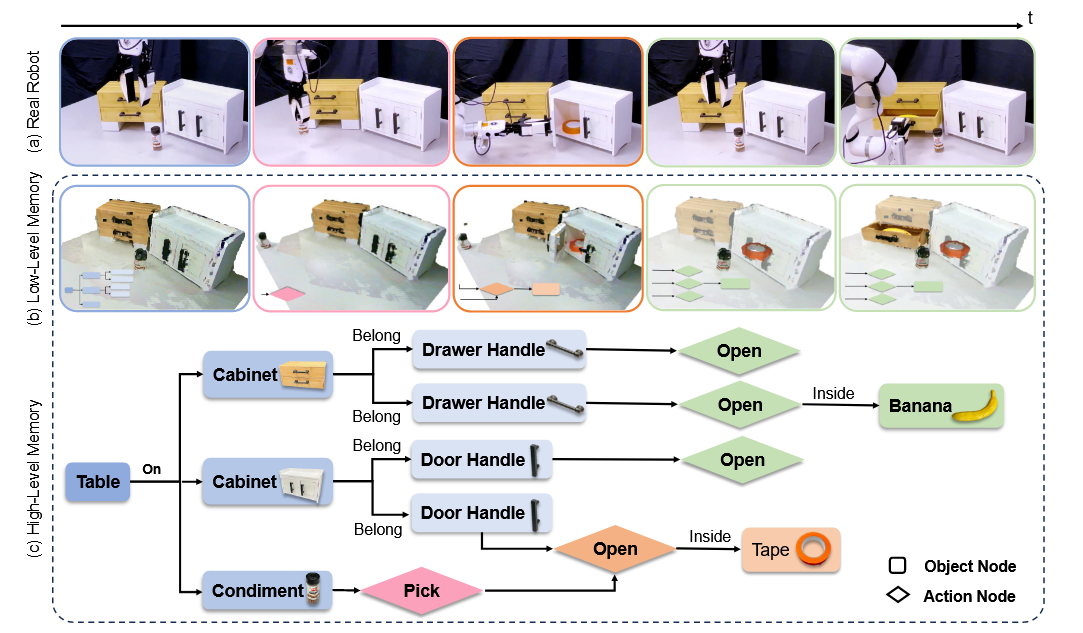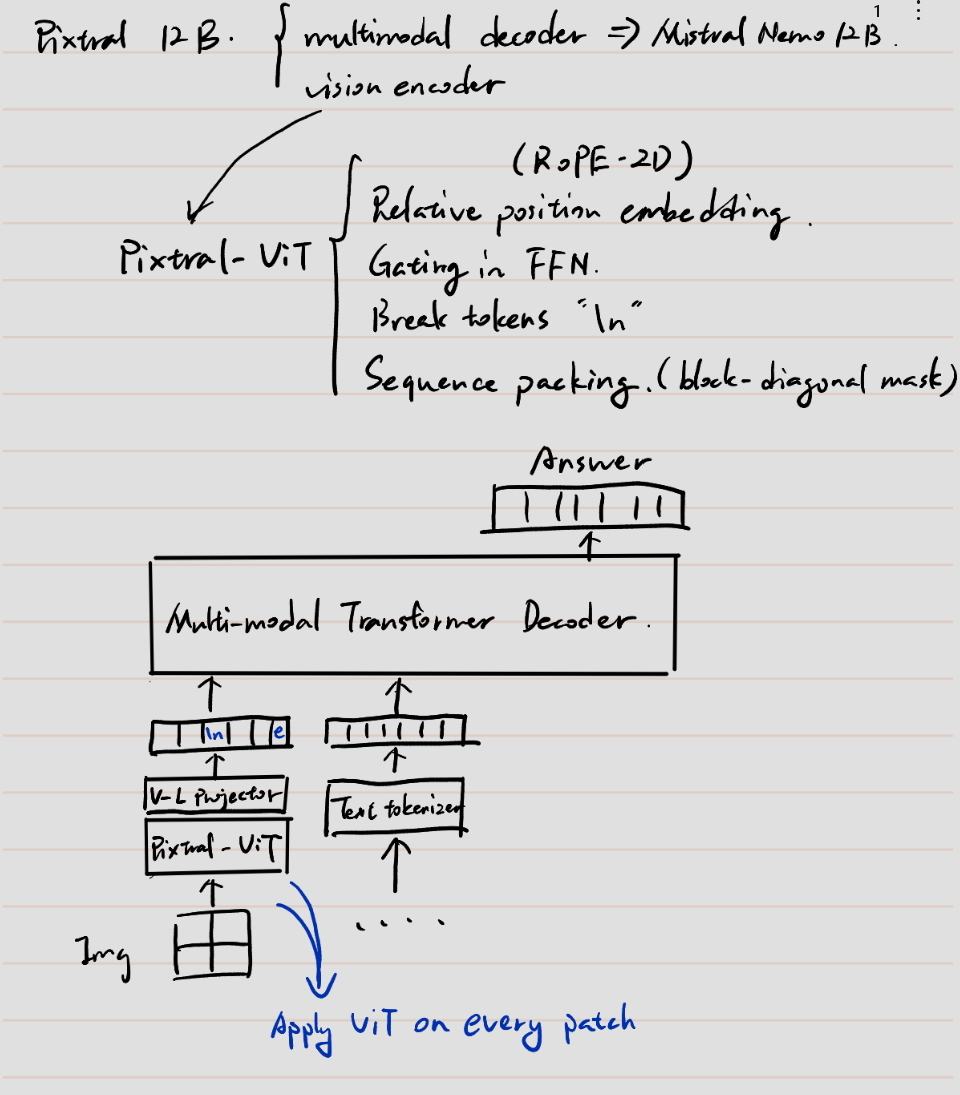
FCSGG Repository Summary
FCSGG (Fully Convolutional Scene Graph Generation) is a PyTorch implementation of the paper “Fully Convolutional Scene Graph Generation” published in CVPR 2021. The project focuses on scene graph generation, which is the task of detecting objects in an image and identifying the relationships between them.
Core Components:
Architecture:
- Built on Detectron2, a popular object detection framework by Facebook
- Uses a one-stage detector approach (CenterNet) as the meta-architecture
- Supports various backbones including ResNet, HRNet (High-Resolution Network), Hourglass networks, and DLA
Key Features:
- Fully convolutional approach to scene graph generation
- Multiple backbone options with different feature pyramid networks (FPN, BiFPN, HRFPN)
- Various head designs including multiscale heads and attention mechanisms
- Support for different input resolutions and training strategies
Dataset:
- Primarily designed for the Visual Genome dataset, a large-scale dataset for scene understanding
- Includes custom data loaders and preprocessing for scene graph generation
Model Components:
- Backbones: Various CNN architectures (ResNet, HRNet, Hourglass, DLA)
- Necks: Feature pyramid networks and variants (FPN, BiFPN, HRFPN, Trident)
- Heads: Detection and relationship prediction heads
- Loss Functions: Custom losses for object detection and relationship prediction
Utilities:
- Visualization tools for scene graphs
- Evaluation metrics for scene graph generation
- Training and inference scripts
Project Structure:
fcsgg/: Main module containing model implementation
- modeling/: Neural network architecture components
- backbone/: Feature extraction networks
- necks/: Feature pyramid networks
- heads/: Detection and relationship prediction heads
- meta_arch/: High-level model architecture (CenterNet)
- data/: Dataset handling and preprocessing
- evaluation/: Metrics and evaluation code
- utils/: Helper functions and utilities
- layers/: Custom neural network layers
- structures/: Data structures for scene graphs
- modeling/: Neural network architecture components
configs/: Configuration files for different model variants
tools/: Training, evaluation, and visualization scripts
GraphViz/: Visualization tools for scene graphs
Key Innovations:
The project implements a fully convolutional approach to scene graph generation, which differs from traditional two-stage methods. Instead of first detecting objects and then predicting relationships, it uses a one-stage detector to simultaneously predict objects and their relationships in a fully convolutional manner.
Benchmarks:
The repository provides several pre-trained models with different backbones:
- HRNetW32-1S
- ResNet50-4S-FPN×2
- HRNetW48-5S-FPN×2
These models achieve competitive performance on the Visual Genome dataset for scene graph generation tasks.
Usage:
The project provides tools for training, evaluation, and visualization of scene graphs. It requires the Visual Genome dataset and can be run using Docker or directly with PyTorch.
In summary, FCSGG is a comprehensive implementation of a state-of-the-art approach to scene graph generation using fully convolutional networks, offering various model architectures and training configurations.
How Detectron2 is Used in FCSGG
FCSGG is built on top of Detectron2, Facebook’s object detection framework, and leverages many of its components while extending it for scene graph generation. Here’s a detailed breakdown:
1. Core Architecture Integration
Meta Architecture: FCSGG registers a custom meta architecture called “CenterNet” with Detectron2’s
META_ARCH_REGISTRY. This extends Detectron2’s modular architecture system while maintaining compatibility.Backbone Networks: FCSGG uses Detectron2’s backbone networks (ResNet, etc.) directly and also implements custom backbones like HRNet while following Detectron2’s backbone interface.
Feature Pyramid Networks (FPN): The repository uses Detectron2’s FPN implementation and extends it with custom variants like BiFPN and HRFPN.
2. Configuration System
YAML Configuration: FCSGG adopts Detectron2’s YAML-based configuration system, extending it with custom configurations for scene graph generation through
add_fcsgg_config().Command Line Arguments: The training script uses Detectron2’s
default_argument_parser()to maintain the same command-line interface.
3. Data Handling
Dataset Registration: Visual Genome dataset is registered with Detectron2’s
DatasetCatalogandMetadataCatalog, making it available through Detectron2’s data loading pipeline.Custom Dataset Mapper: FCSGG implements a custom
DatasetMapperclass that extends Detectron2’s mapper to handle scene graph annotations.Data Loaders: The repository uses Detectron2’s
build_detection_train_loaderandbuild_detection_test_loaderwith custom mappers.
4. Training and Evaluation
Trainer Class: FCSGG extends Detectron2’s
DefaultTrainerclass to customize the training loop, evaluation metrics, and data loading.Checkpointing: The repository uses Detectron2’s
DetectionCheckpointerfor model saving and loading.Distributed Training: FCSGG leverages Detectron2’s distributed training utilities through
detectron2.utils.command thelaunchfunction.Custom Evaluators: The repository implements a custom
VGEvaluatorfor scene graph evaluation while following Detectron2’s evaluator interface.
5. Visualization and Logging
Event Storage: FCSGG uses Detectron2’s event storage system for logging metrics during training.
Visualization Tools: The repository leverages Detectron2’s visualization utilities for debugging and result analysis.
6. Extensions for Scene Graph Generation
Custom Heads: While using Detectron2’s architecture, FCSGG implements custom prediction heads for relationship detection.
Scene Graph Structures: The repository defines custom data structures for scene graphs that integrate with Detectron2’s
Instancesclass.Loss Functions: FCSGG implements specialized loss functions for scene graph generation while maintaining compatibility with Detectron2’s loss computation framework.
7. Installation and Dependencies
Submodule Integration: Detectron2 is included as a Git submodule, ensuring version compatibility.
Build Process: The installation process includes building Detectron2 from source to ensure proper integration.
In summary, FCSGG uses Detectron2 as its foundation, leveraging its modular architecture, data handling, training infrastructure, and configuration system while extending it with custom components for scene graph generation. This approach allows FCSGG to benefit from Detectron2’s robust implementation and optimizations while adding specialized functionality for relationship detection between objects.





 Part-level Scene Understanding for Robots/Pasted_image_20250414142333.png)

